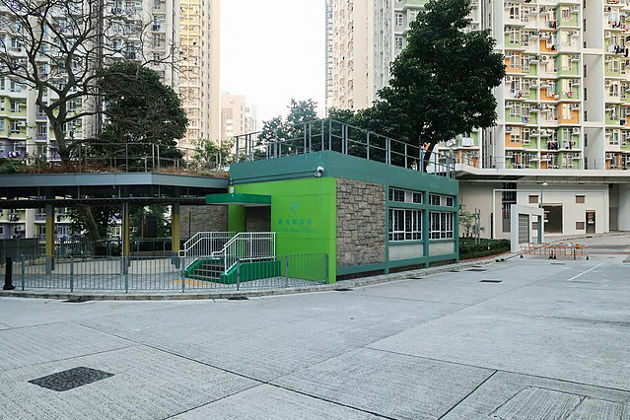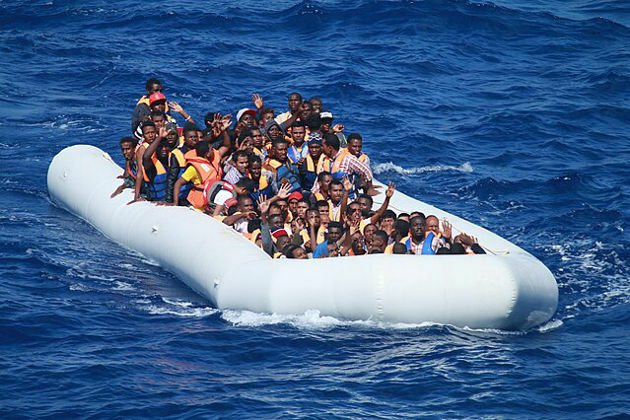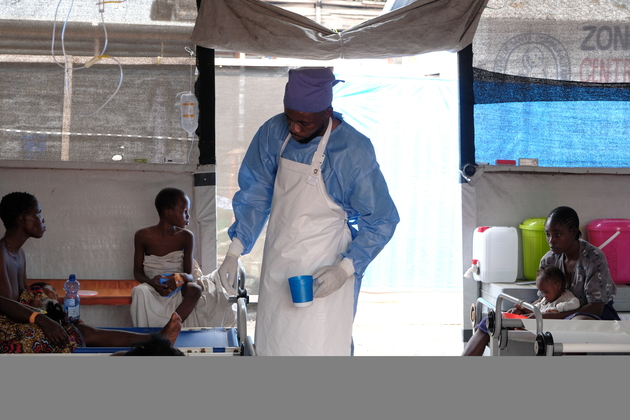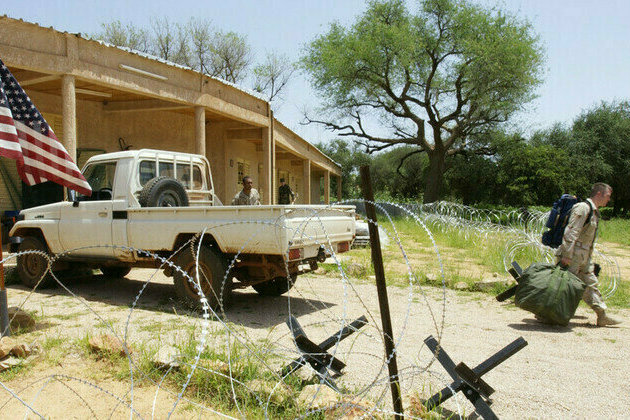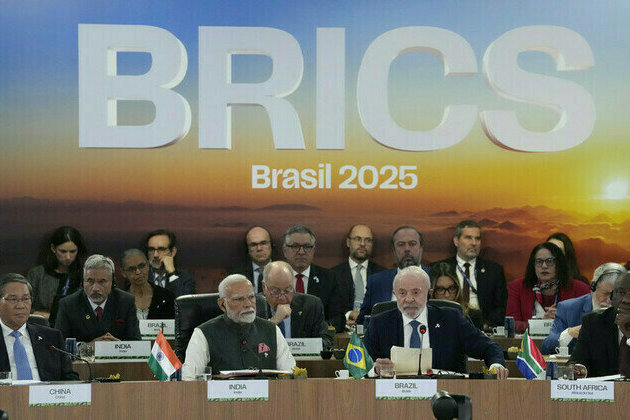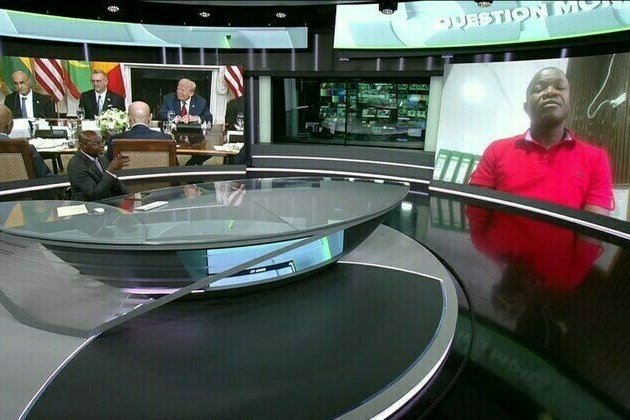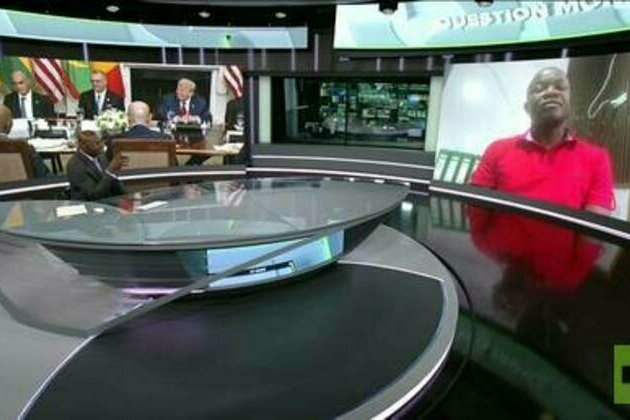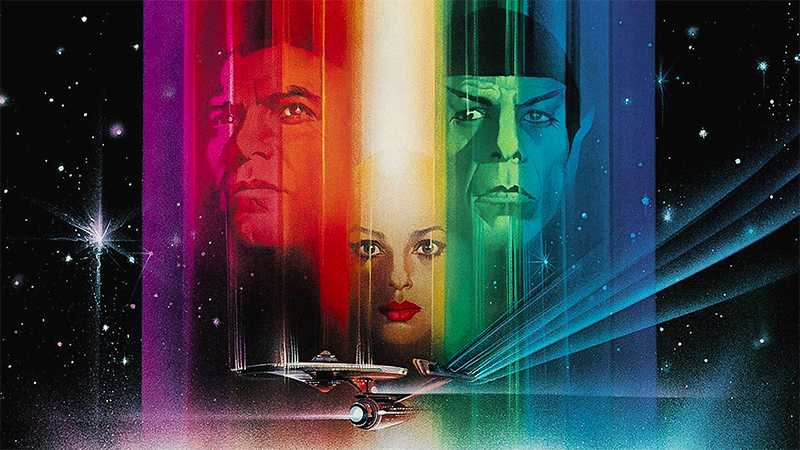TikTok users in Ghana and Zimbabwe enjoy making fun of government - why it can have a downside
The Conversation
10 Jul 2025, 14:01 GMT+10
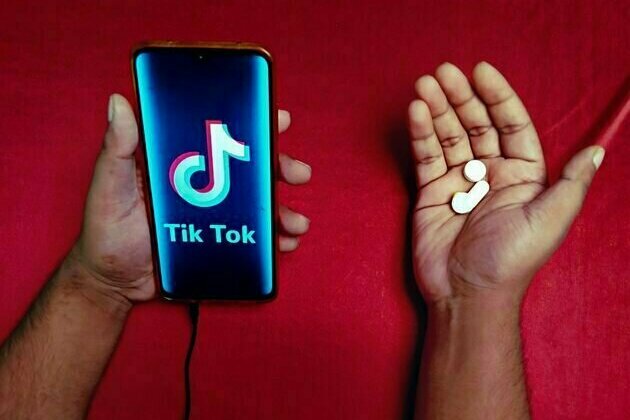
Browse the internet or turn on the global news and chances are the coverage of Africa you find is about war, coups, displaced populations and disease.
Generally, the west and its media are blamed for this negative, Afropessimistic portrayal of the continent.
Africans have taken strategic steps to repair this negative narrative. An example is the Africa Rising campaign. It was launched in 2000 by a coalition of African activists and organisations. Its objective was to highlight the role of Africa in global development and encourage Africans at home and the diaspora to contribute positively. Social media platforms played a large role in content distribution and messaging. The success of this campaign is still the subject of debate.
As communication scholars, we were intrigued by the visual appeal of the social media platform TikTok. With our area of expertise being Ghana and Zimbabwe respectively, we were interested in how citizens of these countries were using the popular TikTok app to report on themselves.
Our study explored the self-critical content that many Africans share on TikTok. We found that TikTok posts and comments by Ghanaian and Zimbabwean creators generated entertaining information. We call this "fun journalism". TikTokers use it to comment on important issues, but the way they do it could also harm the reputation of the two countries and influence decisions in unintended ways.
As a creative and innovative platform, TikTok has enabled users to produce multimedia materials and share them across the globe for fun and entertainment. According to the Digital 2025: Ghana report by Datareportal, 81% of Ghanaians aged 16 and over use the internet to access TikTok monthly. That makes it the second most popular platform after WhatsApp (93%). Zimbabwe has 2.05 million TikTok users aged 18 and above, according to tech data aggregator Datareportal.
Studies show that users tend to "play" with social media, even when they use it for serious things. Our study showed that the fun videos uploaded by TikTokers from Ghana and Zimbabwe covered serious issues like security, education, sanitation, corruption, entertainment, religion and sports.
Read more: Nigerian TikTok star Charity Ekezie uses hilarious skits to dispel ignorance about Africa
For example, one Ghanaian TikTok video compares how a Ghanaian and a European would react if they picked up money that someone had lost. The video suggests an African would keep the money, while a European would try to locate the original owner.
In many instances, users ridiculed their countries and fellow citizens. They compared African conditions to the global north in ways that degraded local endeavours. For example, in one TikTok video, a user imitated Zimbabwean president Emmerson Mnangagwa having difficulties explaining the number of zeroes in a million. This gave the impression that he was semi-literate and out of his depth.
We found that, generally, the entertaining discourses on TikTok were laden with insults and critiques of government. Though some of the content raised legitimate concerns, it seldom offered solutions to the identified challenges. This suggested that TikTok content that jokingly covered significant national development issues eroded reputational gains made by the two countries by framing them negatively. We cite several examples in the study.
Comparing this phenomenon to other countries, a study on Chinese uploads onto TikTok showed the following results: 41% positive, 53% neutral and 6% negative.
TikTokers ridiculed the reputation of Ghana and Zimbabwe in three ways:
Exaggerated production of video content. This includes emotional background sounds, tone of voice, slang, animation, unfavourable shooting locations and poor video quality
comparing African countries to foreign conditions
generating unfavourable comments.
"Fake news" has become an integral part of social media, raising doubts about the credibility of information generally. We argue that such content should no longer be seen as harmless humour.
As the press freedom rankings of both countries fall, TikTok can be a safe, open space for citizens to raise important public concerns.
The platform makes space for a diversity of opinions from the youthful populations found in the two countries. This is important for communication and building consensus in development.
We argue that TikTokers should be encouraged to offer constructive criticisms of their countries and propose solutions instead of insults.
Policy makers should tap into the vast repository of "fun" information published on TikTok for development. The opinions expressed by citizens online are a helpful reflection of societal needs. This can be taken into consideration when formulating policies.
Read more: How memes in the DRC allow people to laugh at those in power - and themselves
Mainstream professional media could adopt the fun journalism model to tell serious stories in ways that boost development and reputation. The platform's wide usage will make information accessible to a large audience.
Media regulatory bodies, nongovernmental organisations and civil society groups are encouraged to educate netizens to publish critical and progressive stories about their countries. This can help combat misinformation and disinformation on social media, particularly TikTok.
Finally, governments should take steps to positively project their respective countries to the world. They could run educational programmes to inculcate a sense of patriotism and identity to rekindle the initiatives that Africa Rising advocated.
 Share
Share
 Tweet
Tweet
 Share
Share
 Flip
Flip
 Email
Email
Watch latest videos
Subscribe and Follow
Get a daily dose of Zimbabwe Star news through our daily email, its complimentary and keeps you fully up to date with world and business news as well.
News RELEASES
Publish news of your business, community or sports group, personnel appointments, major event and more by submitting a news release to Zimbabwe Star.
More InformationInternational
SectionGaza War sucking life out of an Israeli generation
In the past month alone, 23 Israeli soldiers have been killed in Gaza—three more than the number of remaining living hostages held...
Faulty IT system at heart of UK Post Office scandal, says report
LONDON, U.K.: At least 13 people are believed to have taken their own lives as a result of the U.K.'s Post Office scandal, in which...
Travelers can now keep shoes on at TSA checkpoints
WASHINGTON, D.C.: Travelers at U.S. airports will no longer need to remove their shoes during security screenings, Department of Homeland...
Rubio impersonator used AI to reach officials via Signal: cable
WASHINGTON, D.C.: An elaborate impersonation scheme involving artificial intelligence targeted senior U.S. and foreign officials in...
Warsaw responds to migration pressure with new border controls
SLUBICE, Poland: Poland reinstated border controls with Germany and Lithuania on July 7, following Germany's earlier reintroduction...
Deadly July 4 flash floods renew alarm over NWS staffing shortages
WASHINGTON, D.C.: After months of warnings from former federal officials and weather experts, the deadly flash floods that struck the...
Africa
SectionDR CONGO-KINSHASA-CHOLERA-OUTBREAK-TREATMENT CENTER
(250711) -- KINSHASA, July 11, 2025 (Xinhua) -- A medical worker takes care of patients at a cholera treatment center in Kinshasa,...
Not wanted here: Why Africa is turning away from US military might
For Africa, the retreat of a long-standing security partner opens a strategic vacuum to be filled by other global actors A shift...
Fyodor Lukyanov: BRICS is evolving into a post-Western world order
Rio showed that the bloc isnt in crisis its in transition The idea of a multipolar world has long been used in two distinct contexts....
Jason Roy named replacement for Faf du Plessis in Hundred at Southern Brave
New Delhi [India], July 11 (ANI): England batter Jason Roy has been announced as replacement for Faf du Plessis in the Hundred at Southern...
Trumps African outreach is a facade Liberian activist
Emmanuel Gonquoi has accused the US of repackaging colonial-era policies under the guise of economic partnership US President Donald...
Trump's African outreach is a facade - Liberian activist
Emmanuel Gonquoi has accused the US of repackaging colonial-era policies under the guise of economic partnership ...


